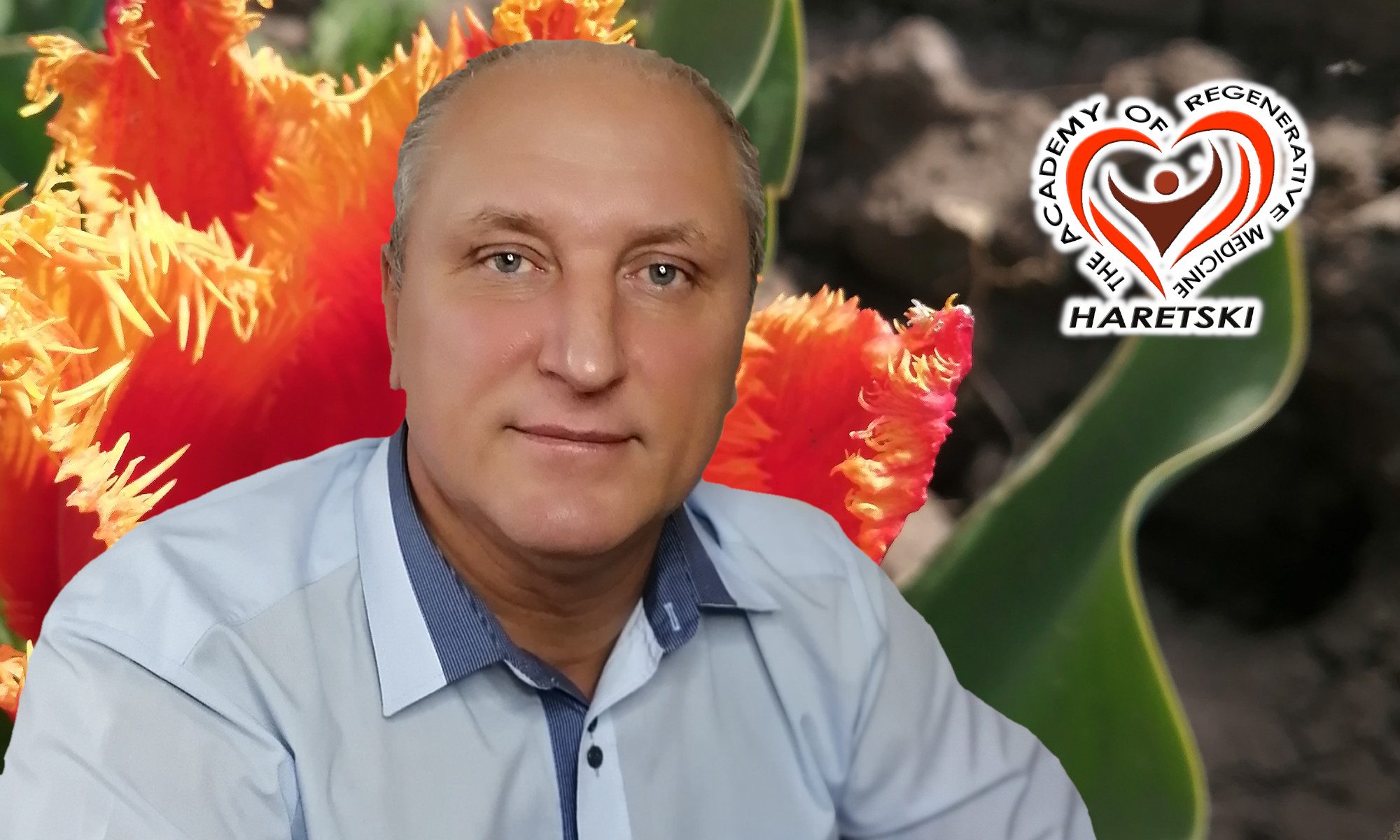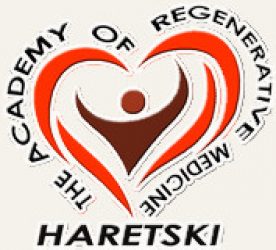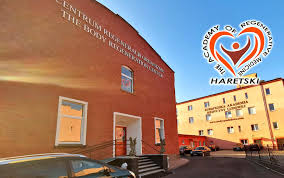What is regenerative medicine?
A combination of different approaches can enhance the natural healing process in the places of our body where it is most needed, or take over the function of an irreversibly damaged organ. Regenerative medicine is an area that brings together specialists in biology, chemistry, computer science, engineering, genetics, natural or natural medicine, robotics and other fields in order to find solutions to some of the most complex and urgent medical problems faced by humanity today.
When our body is injured or affected by disease, it has a natural response to self-healing and self-defense. And what if it were possible to use the natural forces of the body to heal it, and then accelerate it in a proven, author's way? What if we could help the body heal better and faster?
A promising area of regenerative medicine is engaged in restoring the structure and functions of damaged tissues and organs. It is also working to create solutions for organs and organ systems that are permanently damaged as a result of harmful internal and external influences. The goal of this approach is to develop transformative health solutions for people around the world who potentially want to cure previously incurable injuries and diseases.
Transplantation without surgery
Transplantation and artificial organs
In cases where an organ fails, the predominant clinical strategy is to transplant a replacement organ from a donor. The main problems are the availability of donor organs and the requirement that the donor take immunosuppressive drugs that have side effects. In addition, in many cases, the time to find a suitable donor organ requires a time strategy to support or complement the function of the failed organ until an organ suitable for transplantation is found. If we take circulatory support as an example, there are technologies at different stages of maturity: initially using ventricular assist devices (VAD) as a bridge to heart transplantation, and now there are VADs that are used for long-term circulatory support (prescribed therapy).

Scientists and doctors around the world are developing and evaluating devices that complement or replace the functions of many organ systems, including the heart, lungs, liver and kidneys.
But it is possible to avoid transplantation if you use healing methods at the center of the Academy of Regenerative Medicine. In this case, you will not need a doctor's surgery. It is worth remembering that our body not only has destruction schemes, but also the functions of restoring organs and systems.
What diseases does regenerative medicine treat?
Regenerative medicine focuses on the cure of "incurable" diseases by various methods, but at the Academy of Regenerative Medicine we use original methods and know-how that are natural and natural for our body.
The list of diseases that regenerative medicine treats are diseases such as:
- Diabetes (diabetes mellitus). People with diabetes often have difficulty producing and regulating insulin. Diabetes and diabetic ulcer. Diabetes mellitus is a widespread disease characterized by an increase in blood sugar (glucose) levels.
- Cancer or oncological diseases. Cancer is a group of diseases accompanied by abnormal cell growth with the possibility of penetration or spread to other parts of the body. Malignant cancerous tumors differ from benign ones, since they do not spread in the body.
- Arthritis is a medical term that is often used to refer to any disease affecting the joints. Symptoms usually include joint pain and stiffness. Other symptoms may include redness, fever, swelling, and decreased range of motion of the affected joints. In some types of arthritis, various organs are affected.
- Cardiovascular diseases are any diseases affecting the heart or blood vessels. Cardiovascular diseases constitute a class of diseases that includes: coronary heart disease, heart failure, hypertensive heart disease and others.
- Kidney diseases. Chronic kidney disease and end-stage renal failure. With kidney damage, progression to end-stage renal failure occurs.
- Liver diseases. Liver disease is any of many different liver diseases. If the disease lasts for a long time, it is called chronic liver disease. Although the diseases vary in detail, liver diseases often have common features.
- Blood diseases. These are various diseases of blood cells (blood cells) and also blood plasma.
- As well as other diseases and movement problems including:
Moderate osteoarthritis of the knee, hip, ankle, shoulder, hands or wrists or other degenerative joint disease.
The joints are weak and unstable.
Limited range of motion, stiffness, soreness and swelling of the joints.


